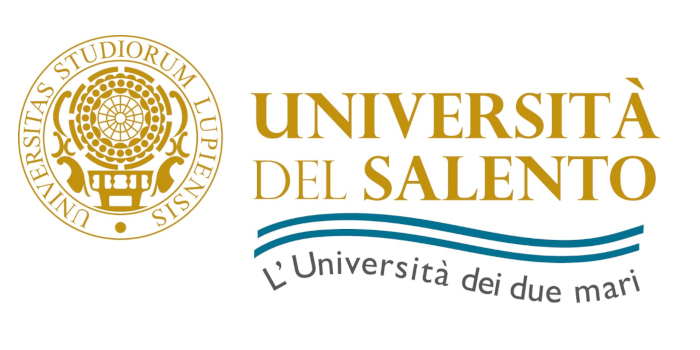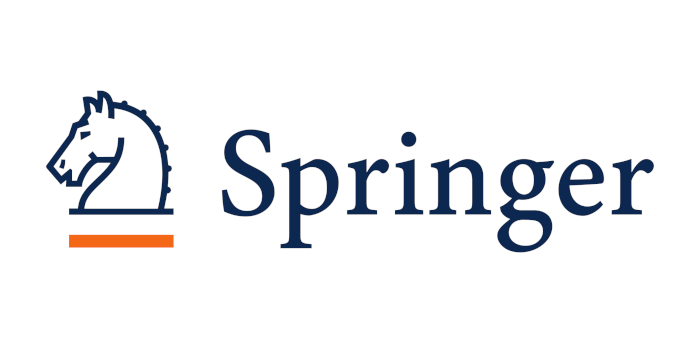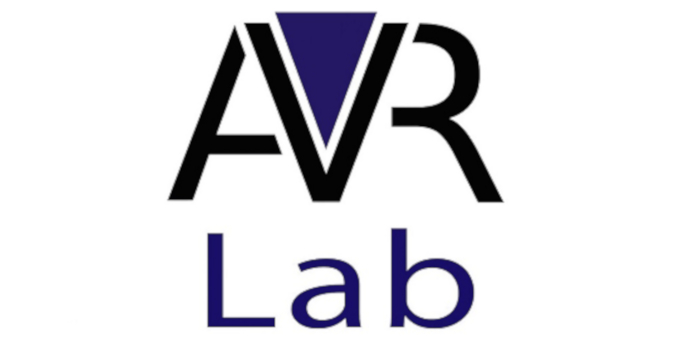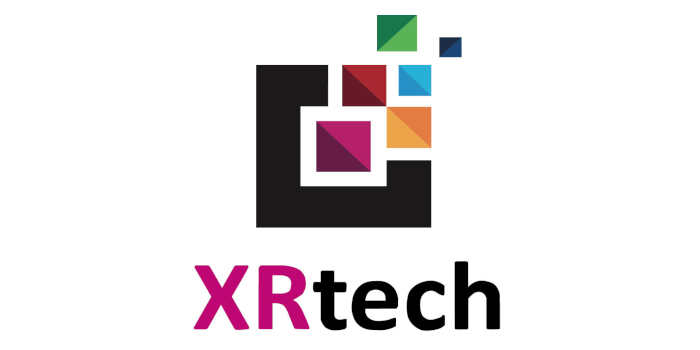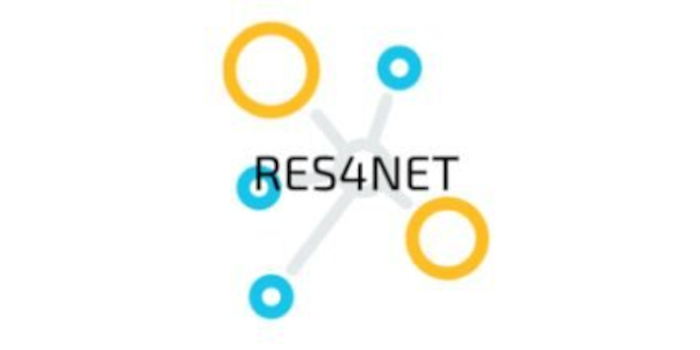Immersive Collaboration: An Overview of Key Research Issues in XR Technologies and Use Cases
Patrick Bourdot
President of EuroXR Association
ABSTRACT
This talk presents an overview of several research projects conducted with my team in the field of immersive collaboration using XR technologies. Depending on the use cases, we will explore various challenges associated with immersive collaboration in Virtual Reality (VR), Augmented Reality (AR), and Mixed Reality (MR) systems. Our general focus is on co-located user immersion during collaborative tasks, spanning a range of setups—from multi-stereoscopic CAVE-like system to VR and AR headsets.
These research efforts address key questions related to user co-habitation, dual presence, spatial consistency, and workspace partitioning. These challenges are examined through two primary use cases: immersive training for collaborative assembly and collaborative immersive analytics of complex data. For each project, we present the main outcomes as well as the limitations, and from these, we draw several challenging research perspectives for the future of immersive collaboration.
SPEAKER BIOGRAPHY
Research Director at CNRS, the French National Centre for Scientific Research, Dr. Bourdot is the founding leader of the VENISE team (www.limsi.fr/venise), a Virtual & Augmented Reality research group he established in 2001 within the former CNRS/LIMSI lab, now part of the LISN lab at the University of Paris-Saclay.
His primary research interests in eXtended Reality include levels of detail, virtual navigation, 3D reconstruction, multimodal and collaborative XR interactions, and associated user perception and cognition challenges. In terms of XR applications, his work focuses on fields such as Design and Engineering, Bioinformatics, Computational Fluid Dynamics, Science Education, and Autism Spectrum Disorder.
Dr. Bourdot has coordinated scientific partnerships and led numerous research projects funded by the French government (RNTL, ANR) or regional and national research institutes (CNRS, DIGITEO). He is the founding secretary of AFRV, the French association for Virtual & Augmented Reality.
He coordinated the participation of CNRS labs in the INTUITION network on VR/AR under the 6th IST European Framework (2004–2008) and is a founding member of EuroVR. A member of its Executive Committee since its inception in 2009, he served as Vice-President for “Academic Issues & Conferences” from 2016 to 2021. After the association was renamed EuroXR (European Association for eXtended Reality - www.euroxr.org), he became its third President, a position he held for the past three years.
Dr. Bourdot has published extensively in international journals and conferences on Virtual & Augmented Reality and Human-Computer Interaction, contributing significantly to these research domains.
The Future of XR Healthcare: Bridging the Gap Between Technology and Personalized Medicine
Filip Górski
Poznań University of Technology, Poland
ABSTRACT
The integration of XR technologies into healthcare has dramatically altered the landscape of medical practice, patient treatment, and medical engineering. This keynote will explore practical applications across three pivotal areas: XR for doctors, where anatomical visualizations help in preparation and smooth realization of complex surgical procedures and training; XR for patients, such as phobia treatment, orthopedic rehabilitation and personalized product configuration; and XR for medical engineers, showcasing the use of digital twins and virtual try-ons for innovative medical solutions. Several case studies will be reviewed, demonstrating the real-world impact of these technologies. The presentation will also address technical aspects of XR application development, particularly the creation of flexible, dynamic content with help of AI, ensuring adaptability and personalization in healthcare settings. This exploration illustrates how XR can transform healthcare into a more intuitive, effective, and patient-centric field.
SPEAKER BIOGRAPHY
Filip Górski, DSc., PhD., BEng., serves as an Associate Professor at the Faculty of Mechanical Engineering at Poznań University of Technology, Poland. He leads the Division of Additive Manufacturing and Virtual Reality and acts as Vice-Dean for Science within the Faculty. His expertise lies in 3D scanning and printing technologies for medical and biomedical engineering, as well as virtual and augmented reality for both industrial and medical applications. He is also proficient in automating design processes in CAD systems and employing reverse engineering techniques.
Dr. Górski has been involved in numerous research projects, often in a managerial role, collaborating with industrial companies and national research centers. His international collaborations extend to scientists from countries like Great Britain, Mexico, Ukraine, Romania, Slovakia, India, and Spain. He has received multiple prestigious grants and awards, notably for his development of the AutoMedPrint technology, which focuses on the automated design of affordable 3D printed prosthetics and orthotics for patients of all ages. He has authored or co-authored nearly 150 publications, including five books, and has developed several software solutions that are now implemented in industries, hospitals, and patient care facilities.
Concepts-based design of XR applications
Sofia Pescarin
ISPC - National Research Council, Italy
ABSTRACT
Although culture is generally not perceived as a priority, it is recognised as a transformative process, triggering of emotions, that in turn can drive motivation, and motivation can inspire action and behavioural change. Promoting culture is therefore crucial, especially if digital technologies are used to strengthen and support this active process, designing XR applications on three pillars: interaction, embodiment and storytelling. Unfortunately, these elements are not enough to let culture provoke its effects. Users might be too far from the historical and artistic context, moreover, they might find it irrelevant. For this reason, designing Digital Heritage applications, taking as reference cognitive and emotional goals and adopting Universal Concepts as guidelines could reconnect users, providing awareness and motivation. Concepts such as love, death, and similar ideas are called "universal" because they refer to experiences or emotions that transcend cultures and are similarly recognized by people worldwide. Some are stronger, immediately recognized and not only activate curiosity and emotions, but they also solicit action, leading to a behavioural change. Examples of Interactive Applications with and without the adoption of Universal Concepts will be described, demonstrating the potential of this approach for the design of Digital Heritage applications.
SPEAKER BIOGRAPHY
Sofia Pescarin is senior researcher at CNR ISPC (Istituto di Scienze del Patrimonio Culturale), in Florence, where she is chairing the group of the Digital Heritage Innovation Lab (DHiLab). She has a degree in Humanities (Topography of Ancient Italy), a master in Exhibition Design and PhD in History and Computing. She has been a researcher from 2000 to 2019 at CNR ITABC (Istituto di Tecnologie Applicate ai Beni Culturali) where she has co-chaired the Virtual Heritage Lab (VHlab). She teaches "Interaction Media Design" (INF 01) at the Master "Digital Humanities and Digital Knowledge" of the University of Bologna. She is since 2017 Chief Editor of the Journal Elsevier "Digital Application in Archaeology and Cultural Heritage" (DAACH). She has been the technical coordinator of the project "virtual museum of the Scrovegni Chapel" Padova (2003). She has obtained the e-content award with the open source web3d project "Virtual Rome". Between 2008 and 2017, she was the scientific director of "Archeovirtual", an exhibition of interactive projects applied to Cultural Heritage, within the Mediterranean Expo BMTA in Paestum. She has also chaired the national summer school of "Virtual Archaeology", supported by CNR and University of Padova, until 2017. Between 2011 and 2014 she has been the scientific coordinator of the FP7 Network of Excellence V-MUST.NET, dedicated to Virtual Museums. During V-MUST, she has been curating the international exhibition "Keys To Rome" (Le chiavi di Roma) in 2014, organised parallelly in 4 museums. She has coordinated the Italian research unit of the H2020 REVEAL project, dedicated to Videogames and Game Based Learning, during which she has worked at the game design of "A Night in the Forum" (Una notte nel Foro) for Playsstation VR. Currently she is the scientific coordinator of the EU project PERCEIVE (Perceptive Enhanced Realities of Colored collEctions through AI and Virtual Experiences) and WP leader of the PNRR project CHANGES. She has written more than 100 scientific papers. She has published the books: "Roma. Guida alla città eterna" Whitestar (1997), "Reconstructing ancient landscape" (Ed. Archaeolingua, 2009), "ARCHEOFOSS" (Archeologia e Calcolatori: 2010), 2013 Digital Heritage Congress Expo Vol 3 (ed. CNR 2013), "Keys to Rome: Roman culture, virtual museums" (ed.CNR, 2014), editing the special issues: "Digital Heritage Interactive Applications" (2019), and "Digital Heritage Science and Infrastructures". Her last book "Videogames, Ricerca, Patrimonio culturale" (ed. open access Franco Angeli 2020).






